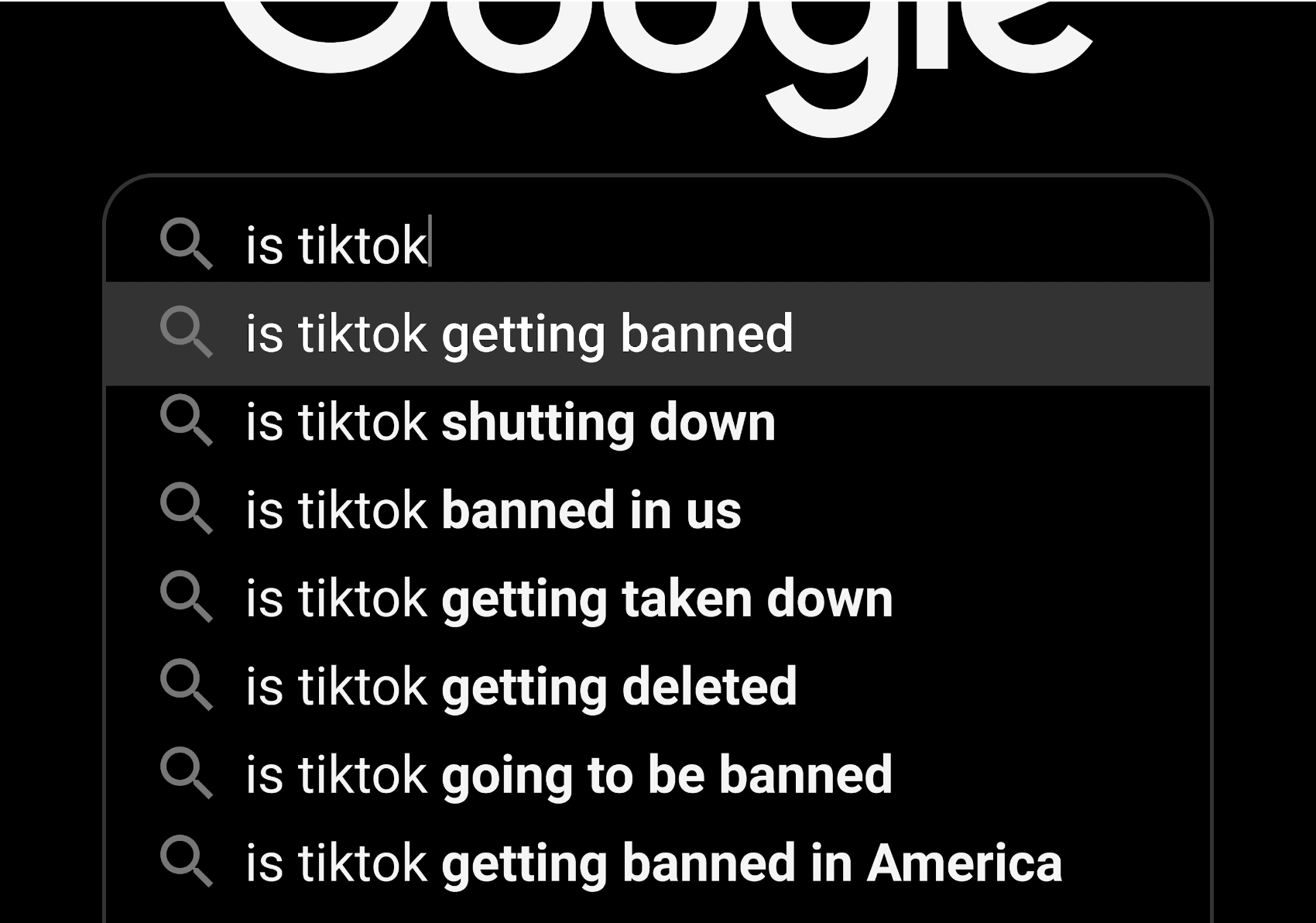There has been some ongoing speculation and debate surrounding the potential banning of TikTok in the US. The concerns primarily revolve around data privacy and national security issues, as the app is owned by the Chinese company - ByteDance. The Trump administration has expressed apprehensions about the app’s handling of user data and potential ties to the Chinese government. Discussions have included the possibility of banning TikTok or requiring it to be sold to a US-based company.
As of recently, the US has approved a legislation which could restrict TikTok in the country, with President Biden also signing a new bill giving ByteDance 9 months to divest the app or else it will be banned. TikTok however says it will challenge in court an “unconstitutional” law that could result in it either being sold or banned in the US. The measure was passed as part of a package of four bills which also included military aid for Ukraine, Israel, Taiwan and other US partners in the Indo-Pacific region.
The potential banning of Tiktok in the US has sparked a broader conversation about the regulations of social media platforms and the protection of user data. Critics argue that TikTok’s ties to China pose a significant risk to national security, as the app could potentially be used for data mining and surveillance purposes. On the other hand, supporters of tiktok highlight its role as a popular platform for creativity, entertainment, and community building.
The uncertainty surrounding TikTok’s future in the US has led to concerns among users, content creators and businesses that rely on the app for marketing and outreach. As the solution continues to unfold, the decision on whether to ban tiktok or impose stricter regulations will have far reaching implications for the tech industry and the broader digital landscape.

